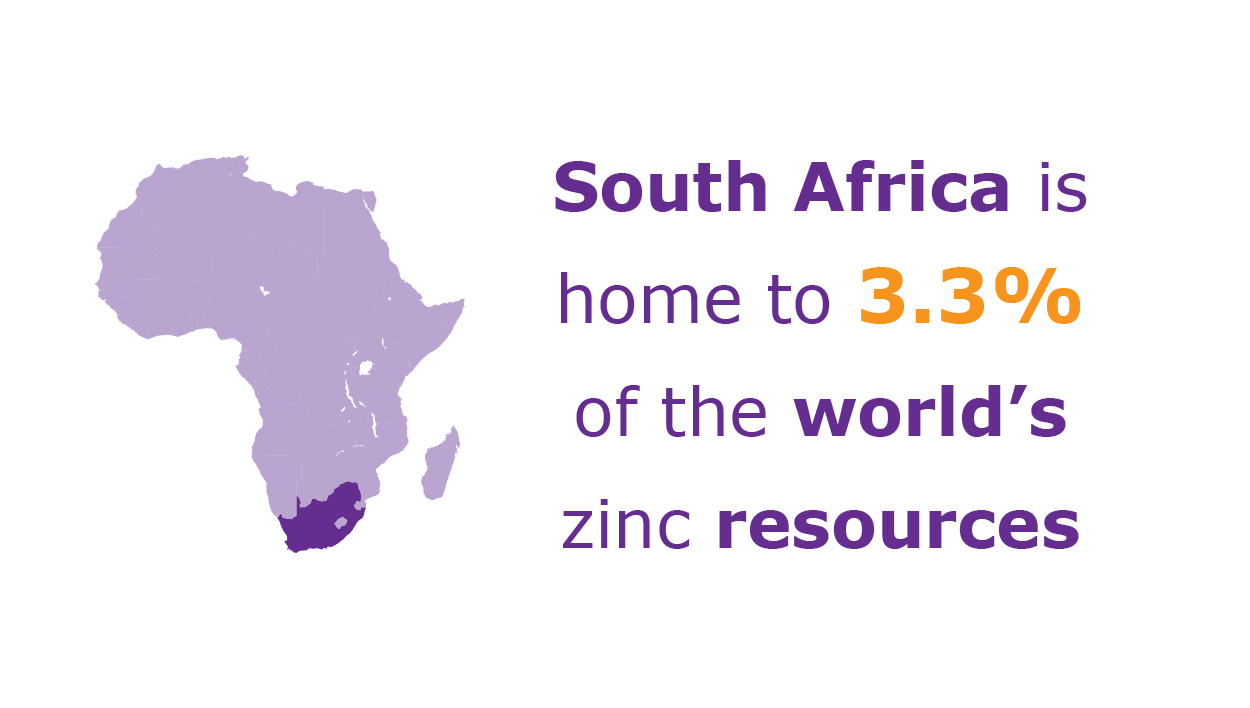South Africa’s mining industry is in the doldrums and is characterised by ongoing communication and trust issues between the private and public sectors. Commodity prices have generally been under pressure since the global credit market crisis of 2008.
For South African miners, margin pressures have only aggravated a number of broader negative issues. For one, government has yet to find a real answer to one of the highest youth unemployment rates in the world.
Last year, South Africa was independently ranked 64th of 96 mining jurisdictions in the Fraser Institute’s latest Policy Potential index in its Survey of Mining Companies. The most persistent concerns of mining companies hinge on uncertainty over government laws and regulations and the country’s mining policy.
According to the survey, South Africa ranked relatively poorly for uncertainty concerning the administration, interpretation and enforcement of existing regulations; regulatory duplication and inconsistencies; and uncertainty regarding disputed land claims.
At the centre of South African mining legislation sits the Mineral and Petroleum Resources Development Act, 2002 (MPRDA), which took effect on 1 May 2004. In effect, the act nationalised mineral rights. To once again acquire the rights to mine, mining companies had to comply with a long list of new requirements heavily linked to broad-based black economic empowerment (BBBEE).
According to Ross Harvey, a research fellow at the SA Institute of International Affairs, since the MPRDA was promulgated, the mining industry has been ‘plagued by regulatory uncertainty’.
At the core of the MPRDA is the reality that new order mining rights would only be granted to applicants regarded as compliant with the Black Economic Empowerment Act of 2003 and the Mining Charter, published under the MPRDA, as administered by the Department of Mineral Resources (DMR).
In February 2007, codes of good practice for mining were published, aimed at consolidating government’s mining BBBEE strategy into a single binding document. One of the key characteristics of the legislation and regulations governing mining is the DMR – and of course the mining minister – possesses more discretion than many, if not most, of its peers around the world.
Problems have arisen, some of which have been exposed in significant court cases. A leading example from April 2009 concerned the DMR granting part-mining rights to ICT – a shell entity with politically-connected shareholders – over Kumba Iron Ore’s Sishen deposit (one of the most profitable of its kind in the world). ArcelorMittal South Africa conditionally offered to buy ICT. Kumba sued and has so far won in every court. The matter remains on appeal.
There had been discussions on how the South African mining sector could reposition itself in the wake of the global economic crisis
The case rattled investors. ArcelorMittal, for reasons unknown, failed to apply by the deadline (April 2009) for renewal of its mining rights at Sishen.
Here the majority of the mining rights are owned by Kumba, which mines the deposit. The DMR awarded ArcelorMittal’s prior ‘rights’ worth billions of rands to a company with links to Duduzane Zuma and the Gupta family.
Opening this year’s Mining Lekgotla, Mark Cutifani, Chamber of Mines chairman and CEO of Anglo American, referred to how the 2012 lekgotla had focused on the critical issues of the country’s mining competitiveness.
There had been discussions on how the South African mining sector could reposition itself in the wake of the global economic crisis. While Cutifani was positive after discussions over ‘a good deal of insightful future scenarios’ everything had effectively been put on hold by the events at Marikana.
It was as if 12 months had been lost. Cutifani said: ‘We will therefore resume that dialogue in 2013 and focus again on competitiveness and transformation for growth in our sector.’
The proposed MPRDA Amendment Bill, published on 27 December 2012, is one of a number of ongoing headaches for miners.
One initial reaction was relief that the bill did not mention the so-called mining super tax, which appeared as a proposal during 2012 in an ANC paper entitled ‘State Intervention in the Minerals Sector’ (SIMS). The SIMS paper proposed a ‘resource rent tax’ of 50%, which would apply above a certain threshold. Domestic mining companies are already heavily taxed, including a corporate income tax of 28%, a 10% secondary tax on companies, plus royalties of up to 7%.
Speaking in mid-February, Mineral Resources Minister Susan Shabangu put an upbeat spin on the bill, arguing that various stakeholders in mining had identified parts of the MPRDA that ‘impeded progress and investment in the country’s mining sector’. The MPRDA had been under review for some years.
Shabangu said the proposals were now subject to wide discussion, including debates at parliamentary level. She hoped the entire process would be completed by year end. She defended the heavily criticised ministerial discretion that was available under prevailing legislation, promising that this was not arbitrary, that it enabled the incumbent minister to exercise ‘in a discreet way, his or her right in making South Africa a thriving environment’.
As time went by, the MPRDA Amendment Bill attracted increasing attention. By early November, Business Day reported that the bill ‘has been heavily criticised by mining executives and lawyers for various reasons, including increased ministerial discretion, restrictions on the sale of minerals declared to be “strategic”, and a 20% “free carry” for the state in the oil and gas sector’.
Along with a BBBEE equity requirement of 26% and the proposal that the state be allowed to buy up to a further 30% of equity at ‘market’ rates, some 76% of a find by a private sector entity would be diluted. This scenario is at odds with international norms and unusual for a country with little history of successful oil and gas discovery and production.
BHP Billiton and Anglo American requested that government amend some parts of the bill and delete others
Despite the waves of criticism and worries, the DMR indicated that it would proceed with the bill. Parliament’s mineral resources portfolio committee had no intention of moving away from proposals to increase the discretion of the minister and her officials. In September, transnational mining companies BHP Billiton and Anglo American requested that government amend some parts of the bill and delete others.
Speaking at the Johannesburg Indaba, Peter Leon of law firm Webber Wentzel said the bill in its existing form ‘would exacerbate an already existing policy uncertainty’.
Echoing a number of other critics, he argued that ‘a general lack of mining policy uncertainty can be traced to a lack of clarity and certainty in the MPRDA itself.
‘The law is not clear on the exercise of ministerial powers, for example, as well as the discretionary powers of administrative officials. Another problem is that the act generally lacks proper time limits and it takes an inordinate amount of time to obtain a decision on applications for prospecting or mining rights’.
One proposed amendment to the MPRDA would give the minister discretion to declare certain minerals strategic. There were fears that this could manifest as ‘developmental pricing’, putting a ceiling on the value of exports or placing quotas on export volumes.
The DMR made a rare admission to the effect that ‘capacity constraints’ had previously made it difficult to properly implement the MPRDA. DMR deputy director-general Mosa Mabuza told parliament that ‘one of the important shortcomings we’ve identified during the first 10 years [of the MPRDA’s existence] is that we didn’t create sufficient capacity within the department to effect its implementation’.
Early in November, Faith Bikani, chairperson of the portfolio committee on mineral resources, was quoted as saying that while it was hoped that the bill would be passed by year-end, parliament’s calendar had almost ended for the year.
Bikani, quoted by Bloomberg, said the committee also did not want ‘any legal challenges’. The ever-diplomatic Cutifani, speaking as outgoing Chamber of Mines president, said 80% of the concerns over the MPRDA bill had been dealt with in constructive discussion between the government and the chamber.
However, even if 100% of concerns are dealt with, there’s little doubt it could be some time before private and public sector interests are on the same mining page.






